


After a long hiatus caused by border tensions, India and China have finally agreed to resume the Kailash Mansarovar Yatra and direct flights between the two countries. Indian Foreign Secretary Vikram Misri and Chinese Foreign Minister Wang Yi have made this decision during a special representative meeting. Along with this, the two nations have also agreed to promote people-to-people exchanges and facilitate cross-border river cooperation. The resumption of these bilateral mechanisms is seen as a positive step towards improving India-China relations on political, economic, and social levels.
India and China: Resuming Bilateral Ties
Background:
India and China have been locked in a border dispute for decades, with tensions escalating in recent years. In 2020, a violent clash between the two countries' troops in the Galwan Valley resulted in casualties on both sides. This incident led to a suspension of diplomatic ties and a halt in several bilateral mechanisms.
Resumption of Bilateral Ties:
After a two-year hiatus, India and China have agreed to resume several bilateral mechanisms. This decision was made during a special representative meeting between Indian Foreign Secretary Vikram Misri and Chinese Foreign Minister Wang Yi. The agreements reached include:
Significance:
The resumption of these bilateral mechanisms is seen as a significant step towards improving India-China relations. It indicates a willingness from both sides to move beyond the border dispute and engage on other fronts.
Top 5 FAQs:
1. What led to the suspension of bilateral ties between India and China? A: The border dispute and the clash in Galwan Valley in 2020.
2. What are the key agreements reached by India and China? A: Resumption of Kailash Mansarovar Yatra, direct flights, people-to-people exchanges, and cross-border river cooperation.
3. Is the border dispute between India and China fully resolved? A: No, the border dispute is still unresolved and remains a major source of tension between the two countries.
4. What other issues have impacted India-China relations? A: China's support for Pakistan on the Kashmir issue, trade imbalances, and geopolitical rivalry.
5. What are the prospects for future India-China relations? A: The resumption of bilateral ties is a positive step, but the future of India-China relations will depend on the resolution of the border dispute and the management of other areas of contention.
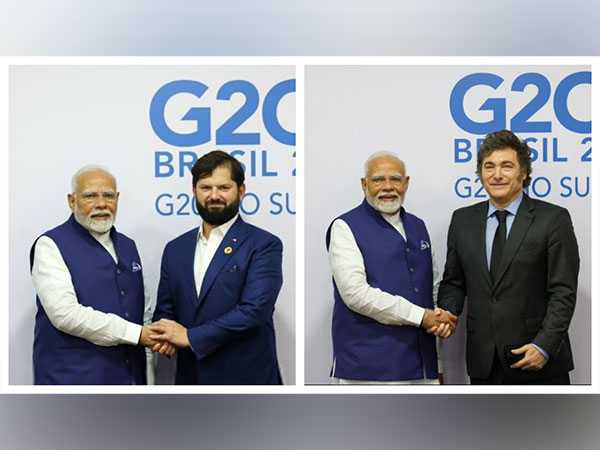
Indian Prime Minister Narendra Modi welcomed Chilean President Gabriel Boric at Hyderabad House in New Delhi. The two leaders discussed ways to strengthen the already "strong" bilateral ties between the two countries. President Boric also paid tribute to Mahatma Gandhi at Raj Ghat, emphasizing the shared fundamental values between India and Chile. This is President Boric's first visit to India since taking office and he is accompanied by a high-level delegation of ministers, officials, media, and prominent Chileans.
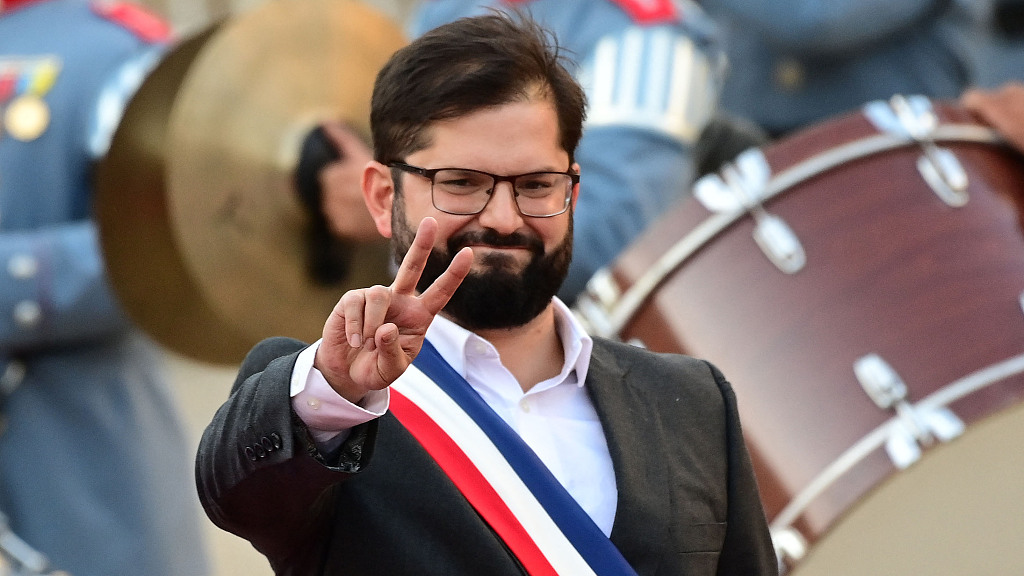
Chilean President Gabriel Boric is set to begin a five-day state visit to India on Tuesday, at the invitation of Prime Minister Narendra Modi. The visit will focus on reviewing bilateral ties and discussing international issues of mutual interest, with meetings scheduled between Boric and Modi, as well as President Droupadi Murmu. Additionally, Union Finance Minister Nirmala Sitharaman will launch a portal providing comprehensive data on socio-economic and fiscal parameters of Indian states, while the Supreme Court is scheduled to hear a plea challenging the validity of a provision of the Places of Worship (Special Provisions) Act, 1991.

NASA astronaut Sunita Williams has announced her plans to visit India and meet the Indian Space Research Organisation (ISRO) team during her trip. Williams, who has Indian roots, shared her excitement about returning to her father's home country and expressed admiration for India's beauty from space. She also mentioned her interest in the upcoming ISRO mission and its Indian astronauts.
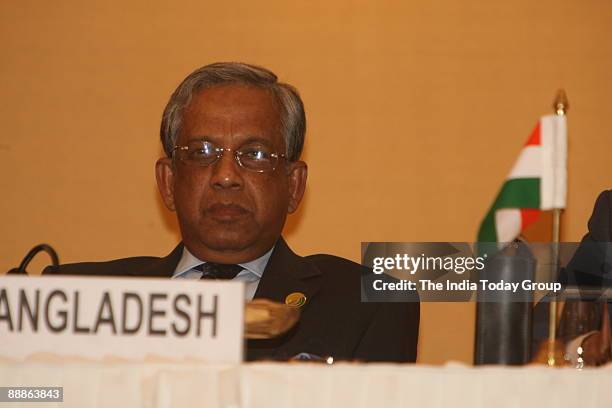
Bangladesh Chief Adviser Muhammad Yunus recently visited China and urged Beijing to extend its economic influence to the country, mentioning that India's northeastern states being landlocked could be seen as an opportunity. The remark, made during Yunus' trip, has sparked controversy on social media. Yunus also called Bangladesh the only guardian of the ocean in the region, and stated that this could be a huge opportunity for China to extend its economy.

During an Eid al-Fitr prayer speech, Turkish President Recep Tayyip Erdogan used strong language, calling for the destruction of Israel. He also referred to Allah as "al-Qahhar" and wished for mercy upon martyrs and a speedy recovery for veterans. In his nationwide holiday message, Erdogan criticized the ongoing violence in Gaza and called for action from Western countries. Israel's Foreign Minister Gideon Sa’ar responded to Erdogan's statements, condemning him as antisemitic and dangerous to the region and his own people.
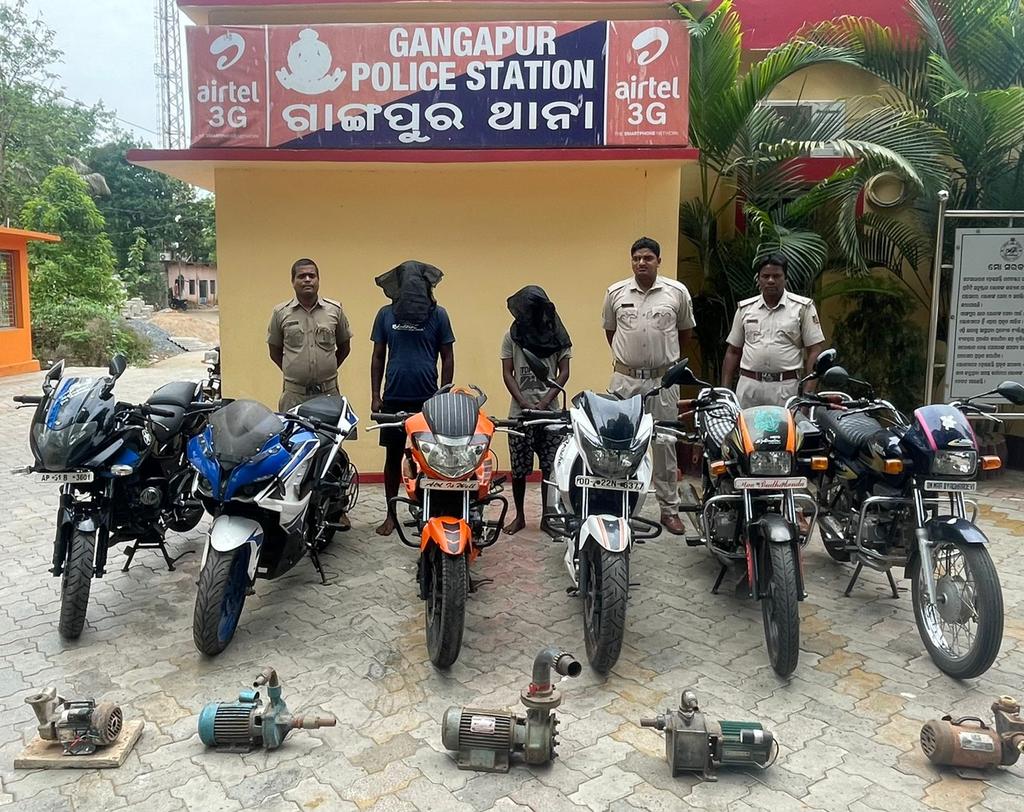
Inspector Rakesh Tripathi and his team were met with hostility from villagers during a motorcycle recovery operation in Telenga village, Odisha. The suspects managed to escape, prompting an intensified manhunt from authorities. The incident illustrates ongoing tensions within local communities and the need for cooperation to ensure justice is served.

The Arab countries of UAE and Saudi Arabia have officially declared the start of Eid-ul-Fitr today, concluding the holy month of Ramadan. In India, Eid is likely to be celebrated tomorrow, with the exact date depending on the sighting of the crescent moon. As families and friends come together to celebrate, here are some WhatsApp messages to share with loved ones.

After a month of fasting during Ramadan, the crescent moon has been sighted in Saudi Arabia, signaling the end of the holy month. Muslims living in Gulf countries will celebrate Eid-ul-Fitr on March 30, 2025 with traditional prayers, charity, gift-giving, feasting, and visiting relatives. More than just a religious holiday, Eid ul Fitr is a celebration of love, gratitude, and family unity that Muslims around the world look forward to every year.
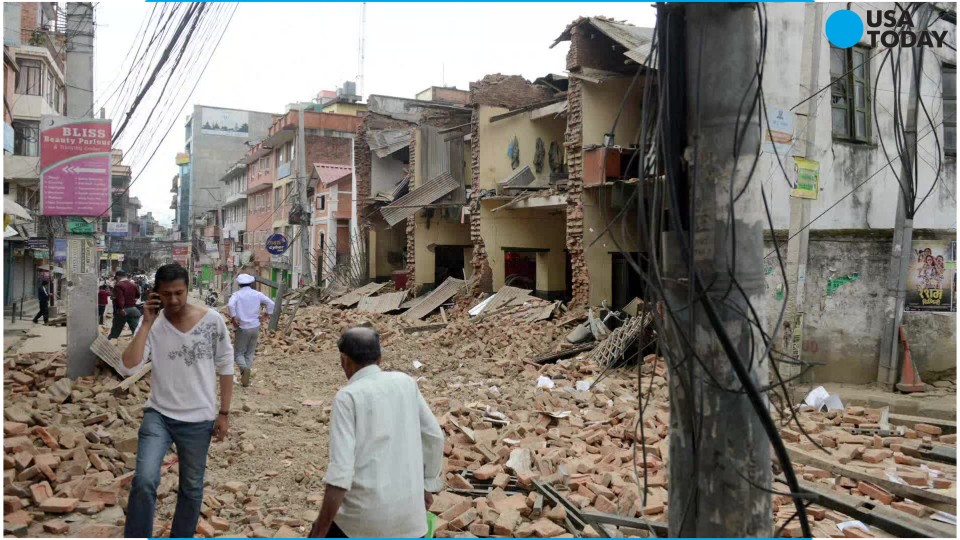
In response to two devastating earthquakes hitting Myanmar, India has launched ‘Operation Brahma’ to send 15 tonnes of relief material. The aid was transported by an Indian Air Force C-130J aircraft and includes tents, blankets, food packets, and essential medicines. Indian Prime Minister Narendra Modi offered assistance and External Affairs Minister Dr S Jaishankar shared visuals of the aid arriving in Yangon. India acted as a “first responder” to assist the people of Myanmar in the aftermath of the natural disaster.

In British Columbia, a young woman's marriage to a member of an India-based "cult group" has been annulled by a judge, who ruled that she did not truly consent to the 2023 wedding. The woman claimed to have been manipulated and overwhelmed by the man and his family's constant advances, which even included bringing a religious gift to her workplace. The ruling sheds light on the often-hidden issue of forced marriages in certain religious communities and the legal recourse available to those who have been coerced into marriage.